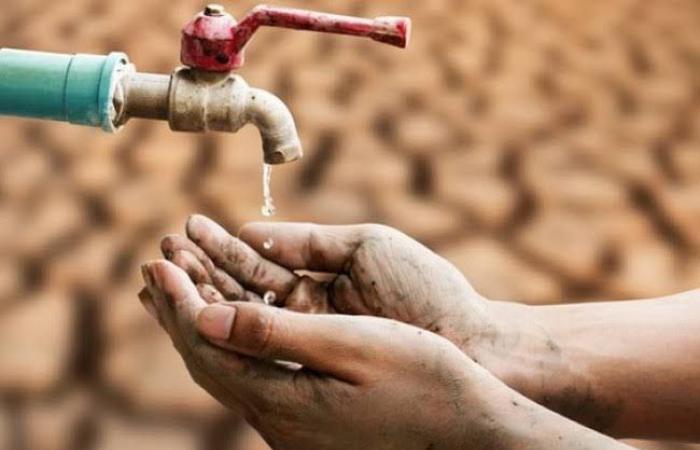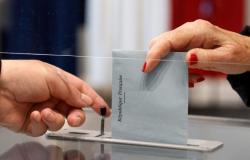Lhe situation is disastrous: due to the drought, water sources have dried up and residents are forced to queue to obtain water distributed by the authorities.
Since May, the Ben Khedda dam, the main source of running water for the wilaya of Tiaret, has been completely dry. The consequences are dramatic for the residents. Low rainfall and temperatures reaching 40°C created an untenable situation. Despite President Abdelmadjid Tebboune’s repeated promises to restore the situation, nothing is happening.
No viable solution has been found. At the beginning of June, following the first demonstrations to protest against water shortages, Tebboune ordered an exceptional and urgent plan to restore the water supply before the Eid al-Adha holiday. Without success. Currently, residents of Tiaret and other affected regions feel abandoned. The protests and road blockages demonstrate growing frustration with an ineffective and incompetent administration, symptomatic of a government disconnected from the realities of its people.
As the Algerian presidential elections loom (next September), the management of this crisis is a crucial test for President Tebboune, who is leaving false suspense hanging over his candidacy. But he has the skill to get out of bad times: either he diverts attention to his sworn enemy, Morocco, or he ventures into fantastic promises to pacify the Algerian rebel intelligences. On this last point, he is frankly gifted.
With the aplomb of a magician, he had thus affirmed that Algeria, which has 2.2 billion tons of phosphate reserves and an actual production of 1.8 million tons, would become the leading producer of phosphate in Africa, and even on the world stage. At the podium of the 78th UN General Assembly, he announced in September 2023, with disconcerting assurance, that Algeria would produce 1.3 billion m³ of drinking water per day by the end of 2024 thanks to desalination. If ridicule killed, Tebboune would have died immediately. A few months earlier, in Russia, he launched into a historical tirade in which he cheerfully confused eras, thanking Vladimir Putin for a place dedicated to Emir Abdelkader, affirming that Tsar Nicholas II had offered the latter the insignia of the white eagle.
Alas, history has reminded Tebboune that Nicholas II ascended the throne in 1894, well after the death of the Emir. This is to say that Tebboune displays a crass ignorance that makes his disillusioned listeners laugh bitterly, forced to hide their hilarity behind a facade of decency. And yet, it is most likely he who will be re-elected president next September. Despite the fact that he accumulates blunders and platitudes without substance. Despite, above all, his chaotic record. Having come to power in December 2019 in a climate of protest and generalized mistrust, he will never have succeeded in embodying the hope for change that he claimed to represent.
The Algerian economy remains fragile, still excessively dependent on hydrocarbons, despite attempts at economic diversification. The unemployment rate remains alarming, particularly among young people, who make up a large part of the population. “Young Algerians face many vulnerabilities that lead to multidimensional inequalities. The first of the inequalities is that of social integration through work, which appears to be a political priority in terms of state mechanisms deployed, but their effectiveness remains low,” indicates a study published in March 2023 by the FriedrichEbert-Stiftung Foundation. In terms of public freedoms and human rights, Tebboune’s record is even more damning.
Under his mandate, the repression of dissenting voices reached unprecedented heights. Journalists, human rights activists and members of civil society have been systematically harassed, arrested and imprisoned under false pretexts. Peaceful protests have been brutally repressed, and spaces for free expression have shrunk at an alarming rate. The promise of democratization and respect for fundamental rights has transformed into a policy of systematic repression and muzzling of all forms of protest.
On the international scene, Algeria is conducting an absurd diplomacy which discredits it and increasingly isolates it, even from its traditional allies. So, should Algerians re-elect Tebboune?
Par D. William





